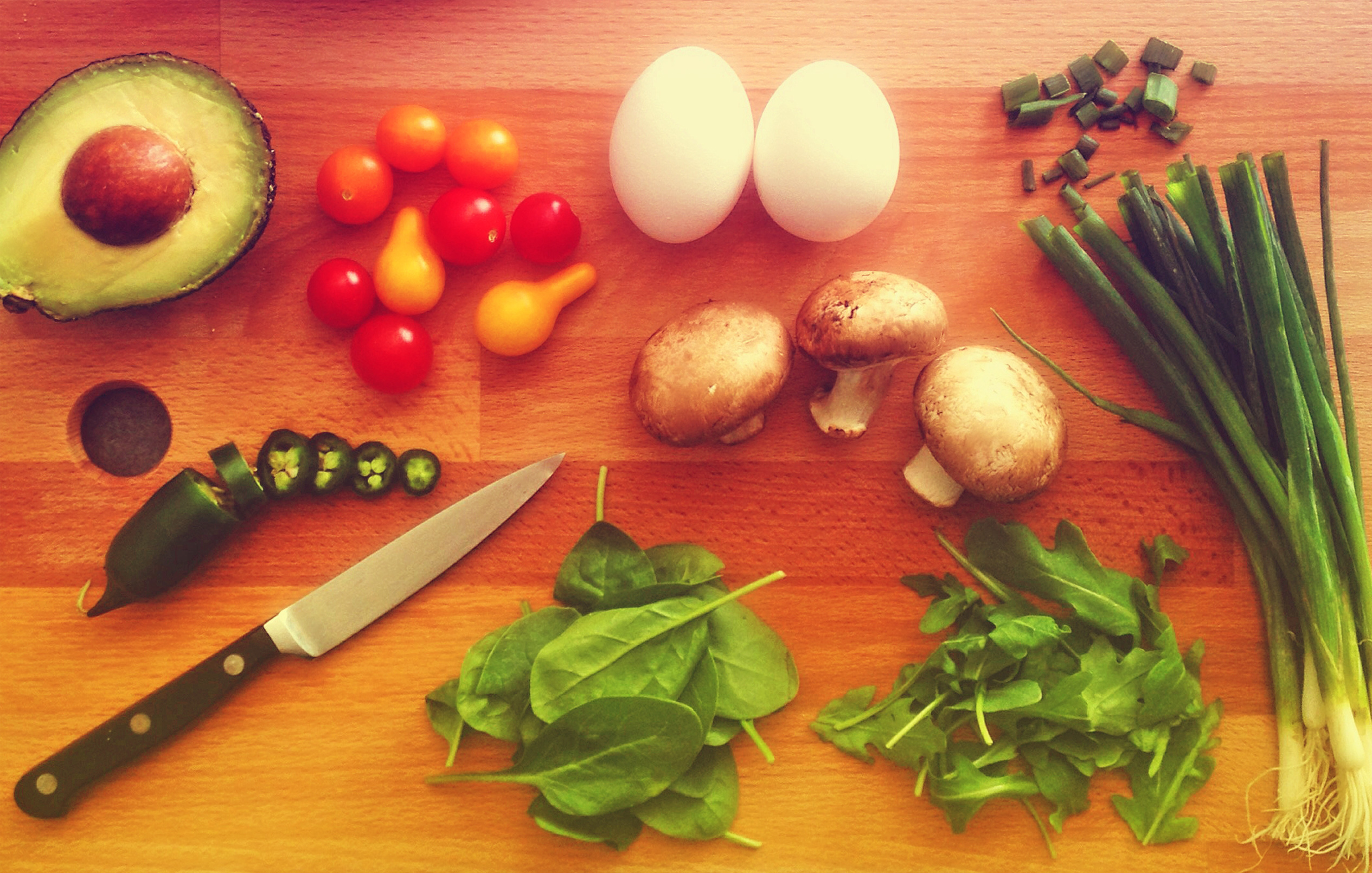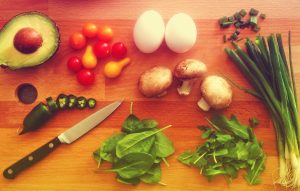Nutritional myths – there are countless of them..
Still, it’s safe to say that most of us know at least a little bit about nutrition.
But even with all the information available today, there are still some nutritional myths that stubbornly persist.
Here are five of the most common ones that you can safely forget about.
#1 Foods Make You Fat
We’ve all been there. We overindulge on a plate of grandma’s home-cooked lasagna and then promise ourselves we’ll start that diet tomorrow.
But what if I told you that you don’t have to feel guilty about eating that extra slice of pizza?
In fact, there are no specific “fattening” foods.
Because you see, it’s not the type of food you eat that makes you fat, but rather the quantity.
Consuming more calories than you burn in a day is what leads to weight gain, regardless of the source.
This is called “eating in a caloric surplus.”
Oppositely, consuming LESS calories than you burn in a day, can make you lose weight (even if you eat McDonalds & Twinkies.)
This is called “eating in a caloric deficit.”
So go ahead and enjoy that delicious lasagna.
Just be sure not to go overboard with your total daily food intake and you will be good to go!
#2 Eggs Are Bad
Contrary to popular belief, eggs are not bad for the body- in fact, they are one of the best foods you can eat.
This is especially true if the eggs are from a quality source, such as pasture-raised chicken.
Eggs from the pasture-raised chicken have a superior nutritional profile to those from factory-farmed chicken, and the nutrients in eggs from pasture-raised chicken are of a higher quality.
The thing is, your body can absorb and utilize nutrients from eggs better than basically any other food.
Even more so, the egg is the standard for the “biological value of proteins (BV).”
BV is a measurement that shows how well the body digests and absorbs a protein.
Besides… You can have eggs in a variety of tasty ways!
So, if you’re looking for a portion of nutritious food that will benefit your body, look no further than the humble egg!
#3 Eating After 6
A lot of people seem to think that nighttime eating is the enemy of good physical shape.
They believe that eating past 6 pm will somehow make them wake up the next morning heavier, or at least not as toned.
However, this myth is just that – a myth.
If anything, nighttime is the best time to have a little extra something to eat because this is when the body does most of its recovery.
Those who are physically active, especially, need to refuel after a long day so that their bodies can properly repair any muscle damage that has occurred.
So, fear not!
Focus on an active day, and when you finally get the time to be home, unwind with a solid meal full of nutritious, high-quality proteins, carbs, and fats!
And trust me here – your body will thank you.
#4 Whey Is Bad!
How many of us have been shamed for enjoying a nice, refreshing glass of whey protein after a workout?
We’re often made to feel like we’re doing something wrong, that we’re taking shortcuts, or somehow cheating.
But the truth is, whey protein is not only perfectly healthy, but it’s also actually one of the highest quality proteins you can have (some even better than eggs.)
And contrary to popular belief, it’s not a ‘steroid’ – it’s just like the protein in food.
So next time someone tries to tell you that whey protein is bad for you, just smile and nod – then go home and enjoy your delicious shake!
#5 Low Carb Is Key
Nowadays, it seems like everyone is on a low-carb diet. “Carbs are bad!” they say.
“They’ll make you fat!”
But the fact of the matter is that carbs are not bad at all. In fact, they’re a great fuel for high-intensity workouts.
When you eat carbs, your body breaks them down into glucose, which is then used for energy.
So when you’re working out hard, your body needs more glucose to keep going.
That’s why athletes often carb-load before an event or a competition!
They know that carbs will give them the energy they need to perform at their best.
Besides, carbohydrates give a fuller look to the muscles because the excess (unused) carbs get stored as “glycogen” in the muscles and the liver.
If you’re looking to up your workout game, don’t be afraid to eat some carbs and remember myth #1 – no food is inherently fattening, not even carbs!
Final Thoughts
Did you know the truth about these nutrition myths? Drop them for good and make your nutrition work better for you.
It can be tough to separate fact from fiction when it comes to healthy eating, but it’s important to do just that if you want to see results.
By ditching these five nutrition myths, you can focus on making healthy changes that will actually benefit your body and mind.
Are you ready to start living a healthier life? Let’s do it!
Learn more about nutrition
See our Nutrition Course by clicking below
You might like this one, too: You Are Protein (And Why You Should Prioritize It)






